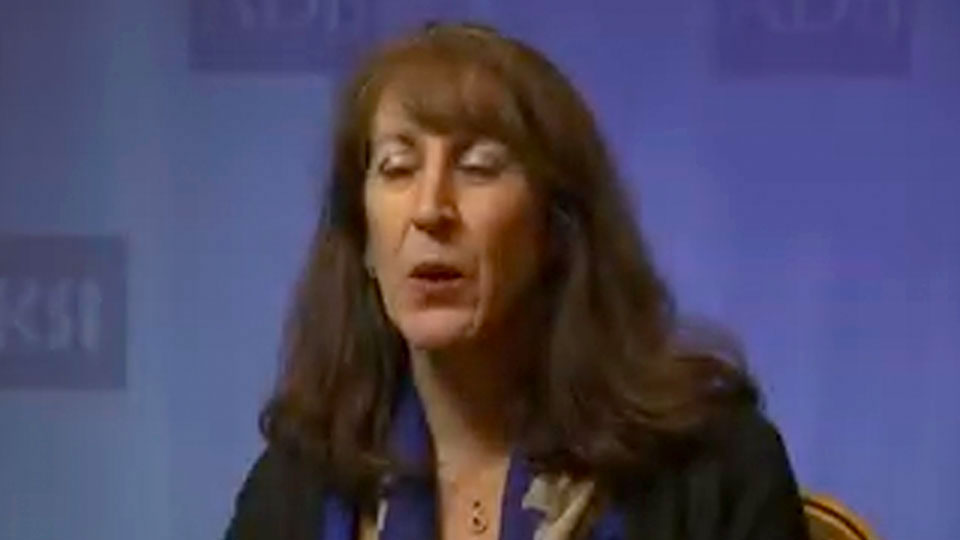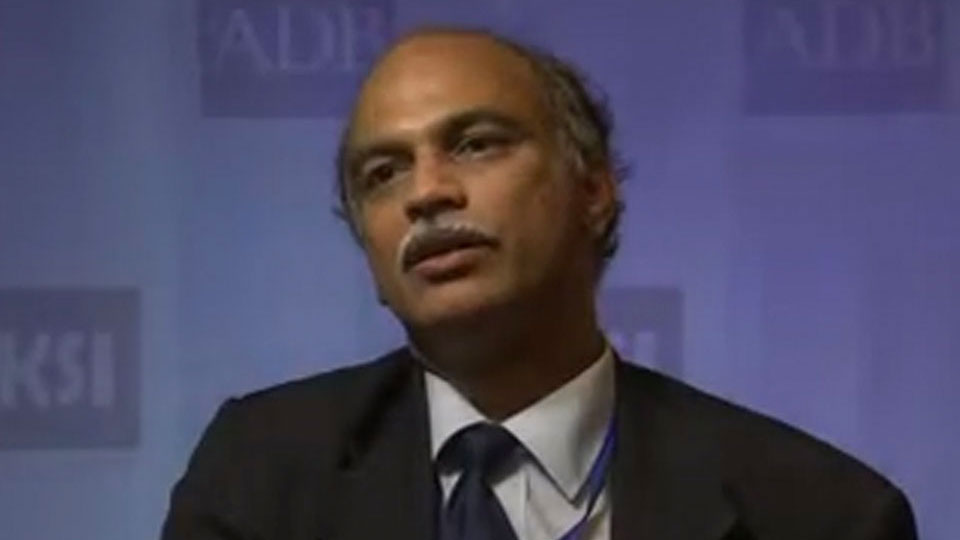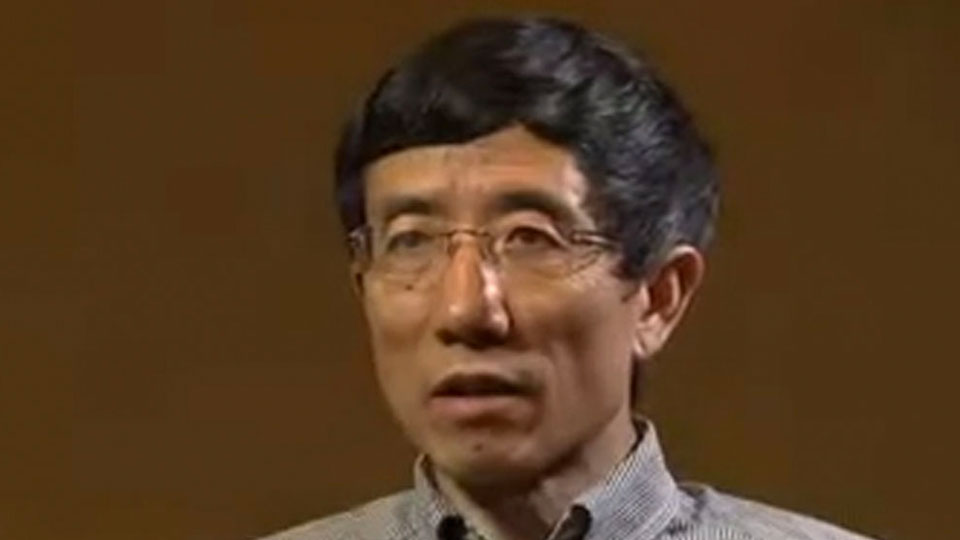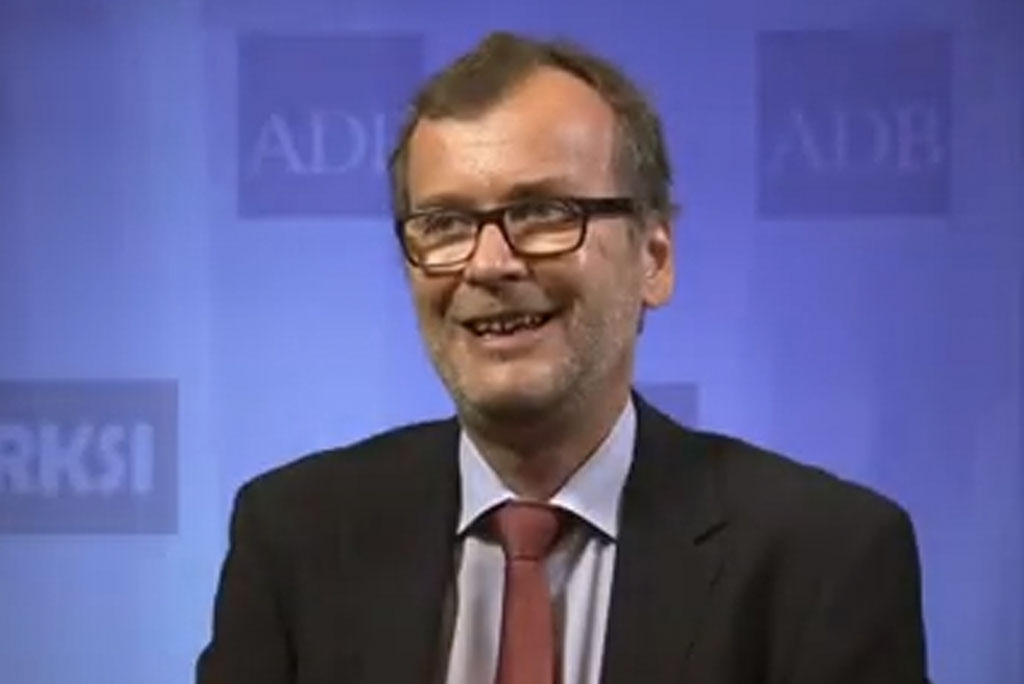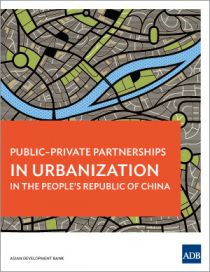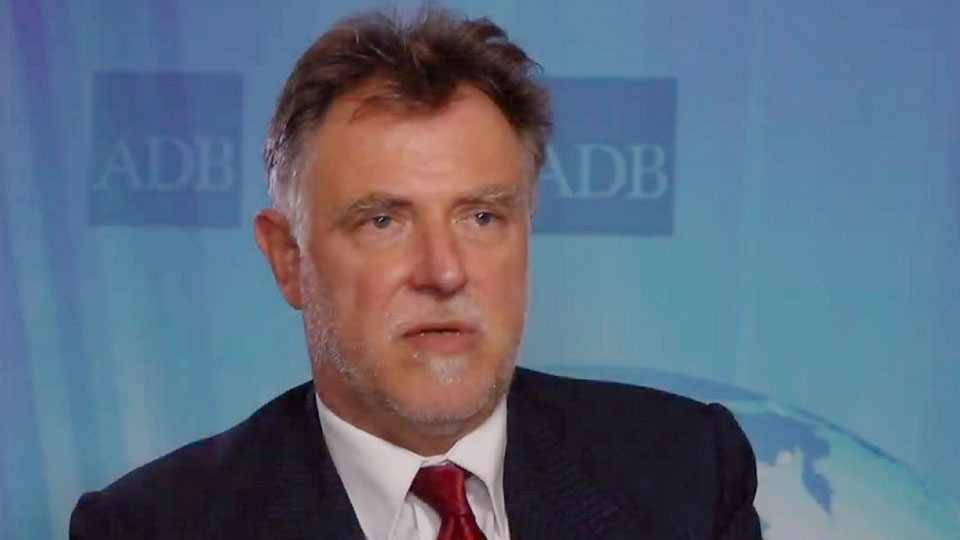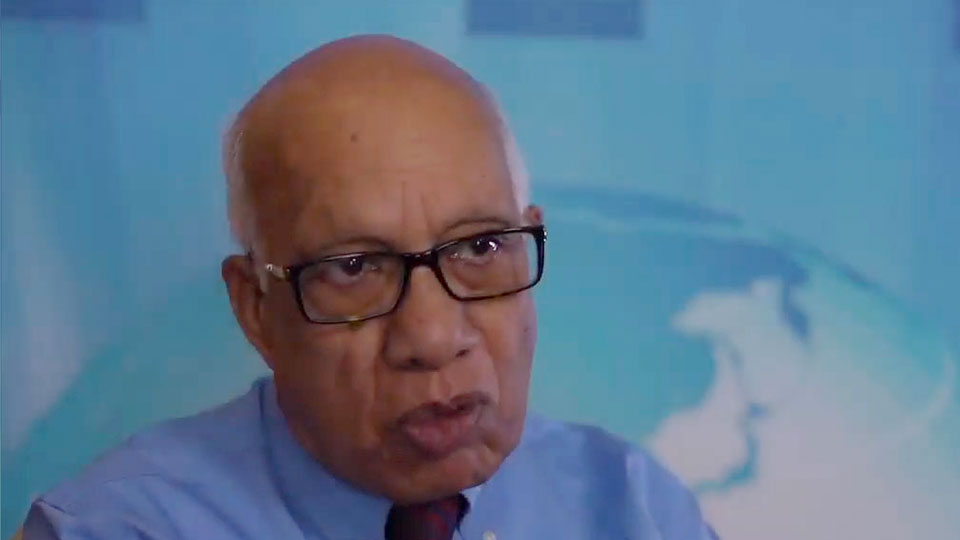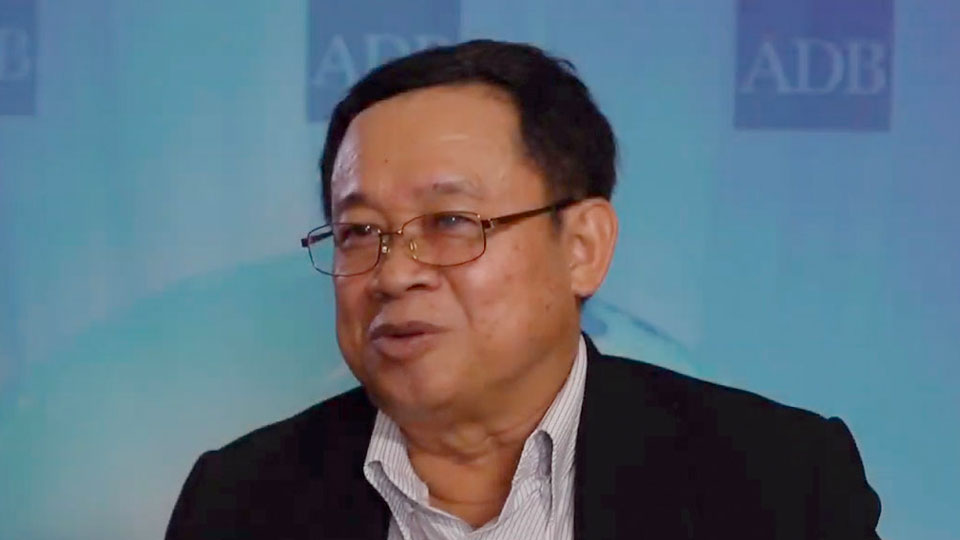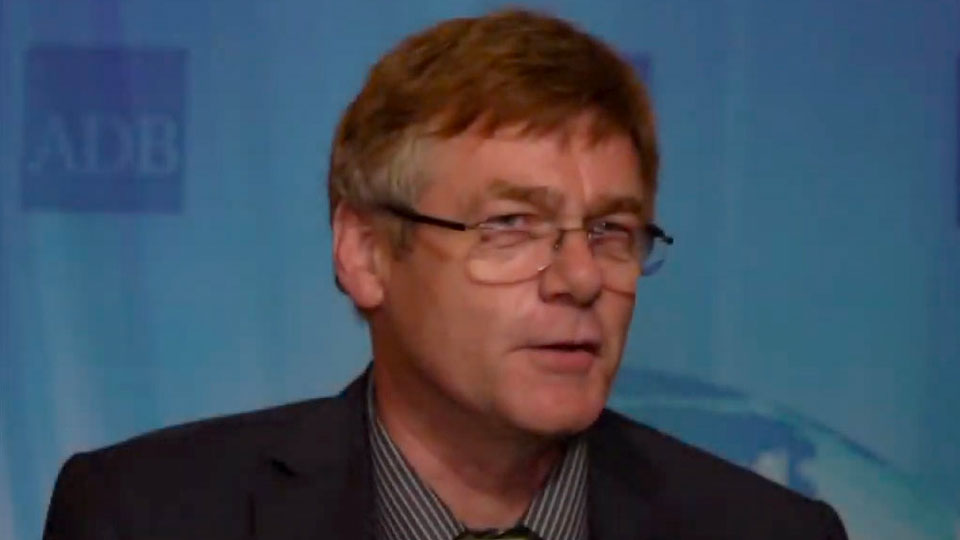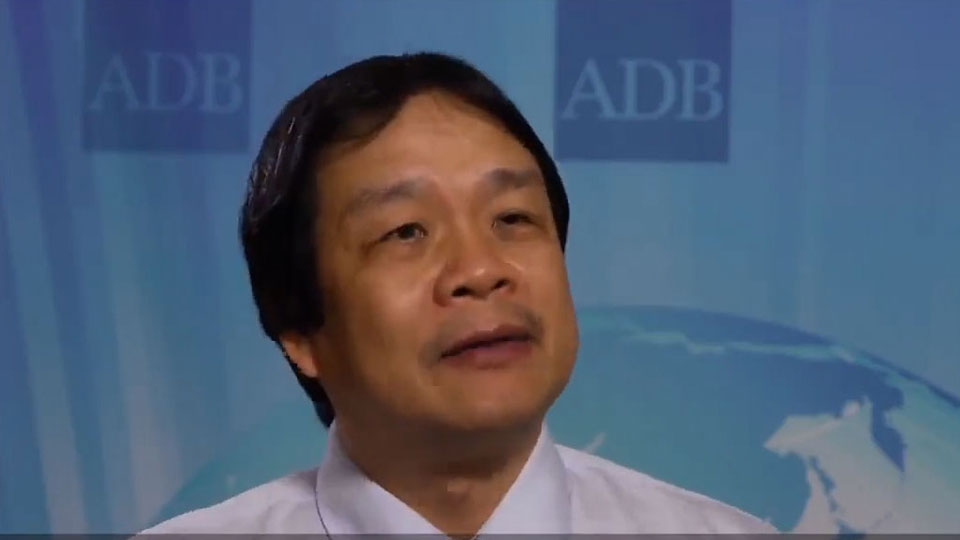International Policy Workshop on Rural-Urban Poverty Linkages
Judy Baker, World Bank, shares experiences on how to improve living conditions of urban migrants, including slums upgrading, conditional cash transfer programs, and investment in education and health. She also discusses why it is crucial to ensure basic services for migrants in urban areas.

